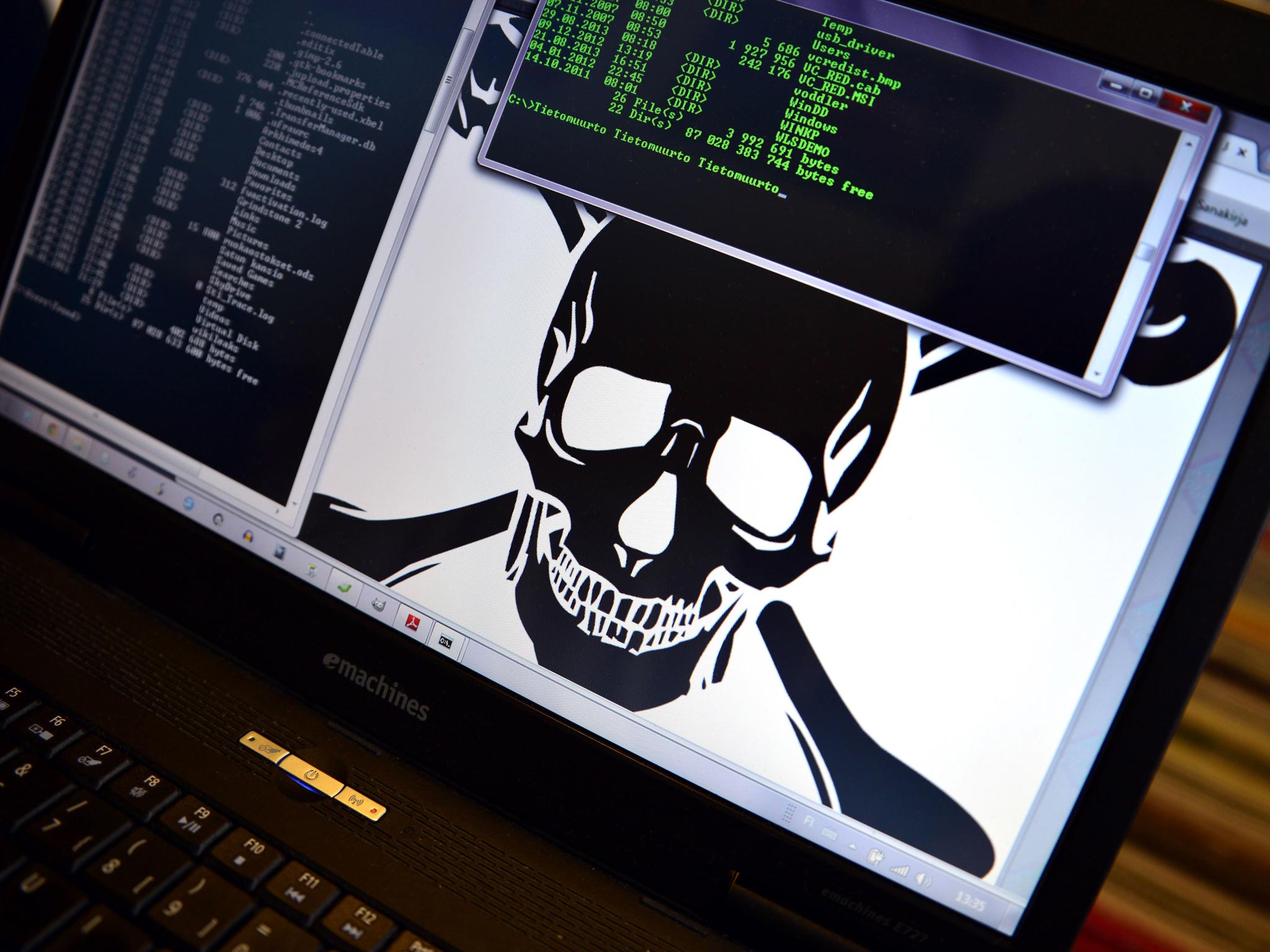US declares cyber war on China: Chinese military hackers charged with trying to steal secrets from companies including nuclear energy firm
Tensions between the two superpowers explode as a Pennsylvania court accuses military officials of trying to steal secrets from six companies, including a nuclear energy firm

A US grand jury has charged five Chinese military hackers with cyber espionage against US corporations in a landmark set of indictments.
In an unprecedented move, the US levelled criminal charges against five Chinese military officials on Monday, accused of masterminding government-led cyber hacking to steal trade secrets from six major American companies, operating in the key energy and metals industries.
According to Attorney General Eric Holder, the targets were the nuclear power station manufacturer Westinghouse Electric, US Steel, Allegheny Technologies and Alcoa, as well as subsidiaries of SolarWorld, the US solar power group. The Chinese hackers also broke into computer networks of the United Steel Workers and other unions.
The US “will not tolerate foreign government efforts to sabotage American companies,” Mr Holder declared. The secrets stolen were “significant and demand an aggressive response”. They endangered US economic security, “which in turn is directly linked to our national security.” According to the indictments handed down by a grand jury in Pennsylvania – where most of the alleged victims are based – the five charged are officers in the Chinese People’s Liberation Army, who led a conspiracy to steal information. The hacking “appears to have been conducted for no reason other than to advantage state-owned companies and other interests in China, at the expense of businesses here in the United States,” Mr Holder said.
The charges, the first of their kind brought in the US against the direct representatives of a foreign government, are a culmination of years of US complaints about rampant Chinese computer spying, both industrial and military – highlighted in a landmark 2013 Pentagon report that accused Beijing of making cyber warfare a key part of its strategy as it jostles with the US for dominance in South-east Asia.
China said it would suspend the activities of the Sino-US internet working group in protest. The Foreign Ministry issued a statement on Sunday, saying a US grand jury indictment of five Chinese military officials was “made up” and would “damage Sino-American cooperation and mutual trust”.
“The Chinese government’s stance on Internet security is consistent and clear,” said the statement from spokesman Qin Gang, which urged “immediate rectification”.
“China is a staunch defender of network security, and the government, military and associated personnel have never engaged in online theft of trade secrets.”
A special focus has been a branch of the People’s Liberation Army, Unit 61398 of the PLA, that operates out of an unmarked office tower on a military base in a Shanghai suburb. Last year, the Virginia-based computer security consultants Mandiant issued a separate report claiming the unit had carried out 140 such cyber attacks since 2006.
It is unlikely the accused will ever appear in a US court. But at the very least they will be unable to go to the US. More important, the charges will increase tensions between the two countries, when China’s fast-growing military and its territorial claims in the South China Sea are causing major friction with key US allies, including the Philippines, Japan and Vietnam.
China, however, proclaims its innocence, and maintains that the real culprit is the US. As proof, it points to the sensational leaks by the former National Security Agency worker Edward Snowden. The Snowden revelations, of global eavesdropping by the NSA, came almost at the very moment President Obama was pressing the Chinese leader Xi Jinping to rein in cyber espionage in June 2013.
At least one of the firms downplayed the hacking. “To our knowledge, no material information was compromised during this incident, which occurred several years ago,” said Alcoa’s Monica Orbe.
China’s Premier Li Keqiang said last year: “China not only does not support hacking but opposes it.”
Subscribe to Independent Premium to bookmark this article
Want to bookmark your favourite articles and stories to read or reference later? Start your Independent Premium subscription today.

Join our commenting forum
Join thought-provoking conversations, follow other Independent readers and see their replies